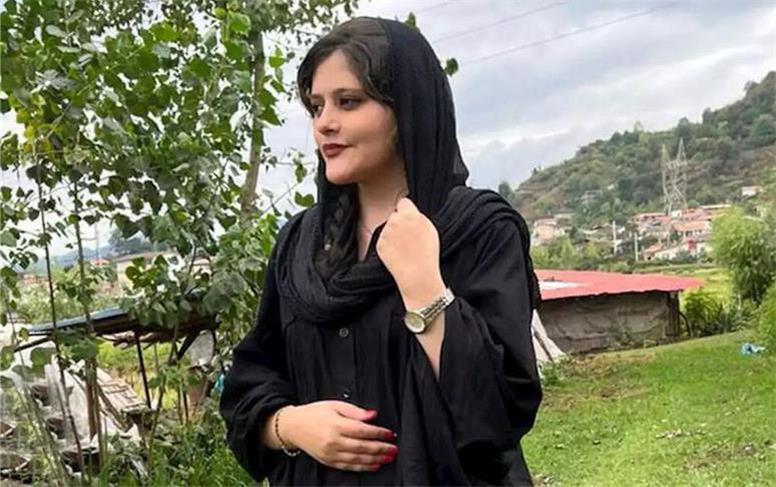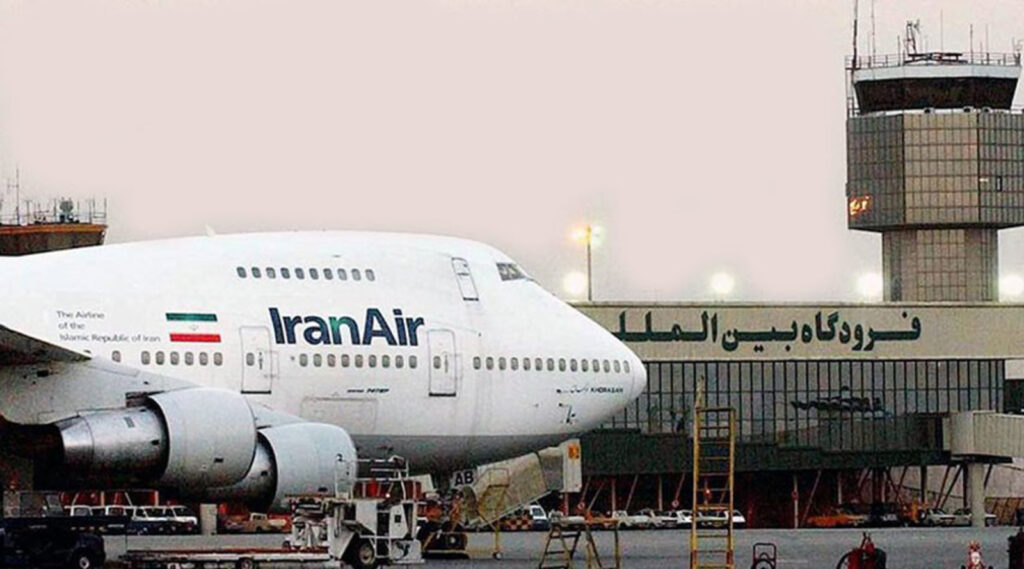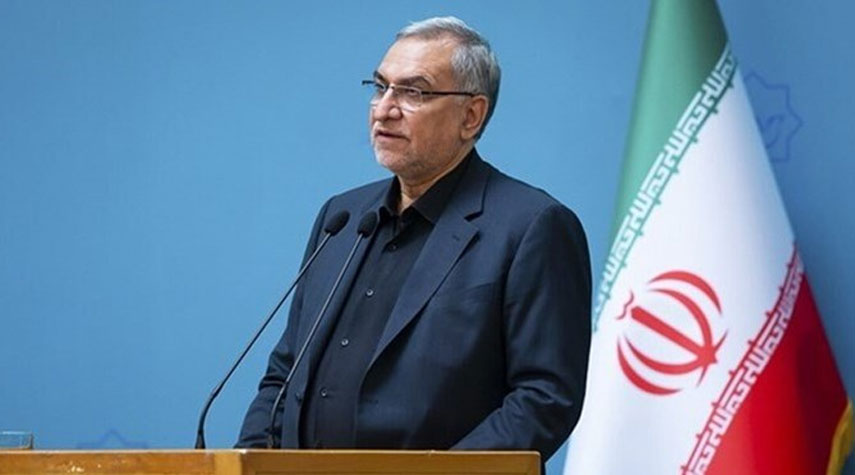
Buying High and Selling Low
Secretary-General of the Society of Former Parliamentarians Yadollah Eslami in his Setar-e Sobh editorial argued that while the notion of sound reasoning is not inherently flawed, its application to practical matters, such as automotive fuel efficiency, reveals its true value. He questioned where rational thinking fits into the equation when considering vehicles with fuel consumption exceeding 10 liters per 100 kilometers. He raised concerns about the place of high-quality, fuel-efficient cars and electric vehicles within this framework. The editorial noted that the exorbitant and seemingly unjustifiable costs of foreign cars highlight the disparity in purchasing power, attributing the significant cost disparities to the inefficiencies in the domestic automotive sector.
The editorial added that, despite the apparent affordability of gasoline, the reality is that consumers end up paying multiple times the price of the fuel itself when purchasing a vehicle. Eslami emphasized that the rapid devaluation of the national currency, which affects vehicle prices, is largely a result of government policies rather than individual actions. He discussed how economic instability, currency devaluation, and rising liquidity are issues driven by governmental decisions, rather than the actions of the general public.
Eslami further discussed the paradox of low gasoline prices contrasted with the high cost of cars, noting that housing has become increasingly out of reach for many citizens. He raised the issue of whether citizens should continue to bear the brunt of inefficiencies within the system. He questioned the role of the populace in the strained relationship with the international community, particularly in relation to Iran’s status with the Financial Action Task Force (FATF), and whether internal mismanagement is contributing to the nation’s economic difficulties.
The editorial noted that the obstacles to Iran’s integration with the FATF are not due to the people, but rather to the ongoing mismanagement and inefficiencies within the system. Eslami warned that the continued mismanagement of fuel, energy, and other resources could lead the country toward economic bankruptcy. He added that the government’s reluctance to reduce the budget for various institutions and its tendency to penalize ordinary citizens during times of scarcity are indicative of a flawed approach to economic reform.
Eslami concluded by emphasizing the need for comprehensive reform, including the adjustment of fuel and energy prices alongside the promotion of high-quality, fuel-efficient, electric, hybrid, and hydrogen vehicles. He argued that addressing inefficiencies within non-responsive institutions and streamlining administrative systems would benefit the country. However, he cautioned that merely increasing fuel prices without tackling the underlying economic issues would not resolve the systemic problems, as it would only perpetuate the cycle of economic mismanagement.
The Time Has Come for Reconciliation and the End of Hostility Between Iran and the United States: Former Diplomat
In an interview with Sweden’s Tällberg Foundation, former Iranian diplomat Seyed Hossein Mousavian offered a detailed analysis of President Masoud Pezeshkian’s administration and its strategies for navigating both domestic and international challenges.
Mousavian explained the dynamic of Iran’s political landscape. He identified two main political camps: the “hardliners” and the “reformists,” somewhat akin to the US political spectrum. Historically, the inability of different administrations to push through their agendas has stemmed from the opposition of the rival faction. This has often led to a stalemate in policy implementation.
The current administration under Pezeshkian marks a shift in this dynamic. Mousavian highlighted three significant developments under Pezeshkian’s leadership. First, the “conservative” camp has fragmented into “hardliners” and “moderates.” While the “hardliners,” such as those aligned with the Front of Islamic Revolution Stability, are resistant to Pezeshkian’s initiatives, the “moderates,” represented by figures like Speaker of Parliament Mohammad Bagher Ghalibaf, offer support. This split within the “conservative” ranks has created an opportunity for Pezeshkian to advance his policies more effectively. Second, Pezeshkian’s cabinet is notable for its inclusivity, featuring prominent members from both the “conservative moderates” and the “reformists.” This strategic selection has facilitated smoother parliamentary approval processes for his administration’s appointments. Third, Pezeshkian faced an initial setback when his candidacy was disqualified by the Guardian Council. However, with the backing of Supreme Leader Ali Khamenei, this decision was overturned, which has helped isolate the “hardliners” and bolster Pezeshkian’s position.
Mousavian also noted the increase in voter turnout during the recent elections, which surpassed 50%. This rise in participation reflects a growing engagement with the political process and is partially attributed to Khamenei’s endorsement of Pezeshkian. The supreme leader’s support was instrumental in encouraging higher voter turnout, enhancing the legitimacy of the political system and its elected officials. Addressing the critical challenges faced by Pezeshkian’s administration, Mousavian pointed to severe economic issues, including high inflation, rising living costs, and the devaluation of the national currency. The impact of international sanctions, particularly those imposed by the United States, exacerbates these difficulties. Corruption and inefficiencies within the state-run economy further complicate efforts to address these problems. Mousavian emphasized that overcoming these obstacles would require substantial reforms and cohesive support from the broader governance structure.
Regarding Pezeshkian’s ability to garner support, Mousavian praised his unique qualities. Pezeshkian is seen as a unifying figure, respected for his integrity, academic background, and deep religious knowledge. These attributes enhance his potential to bridge divides and drive meaningful reforms.
Additionally, the editorial discussed the implications of the US presidential elections and the role of European nations. The future of the Joint Comprehensive Plan of Action (JCPOA) and overall diplomatic engagement with the West hinges on whether the next US administration is willing to pursue a new agreement and how European nations choose to engage. Moreover, it noted that the potential for a diplomatic breakthrough between Iran and the Gulf states depends on the resolution of regional conflicts and US-Iran relations.
The Nature of Developments in the Caucasus
In an editorial published in Arman Daily, Mohammad Mahdi Mozaheri spotlighted the recent position of Russian senior officials following Vladimir Putin’s visit to Baku regarding the Zangezur Corridor in the Southern Caucasus. The editorial highlighted that this development has intensified discussions about Russia’s stance toward the Iranian republic. The issue emerged after Ukraine’s invasion of Russian territory, capturing several cities, and altering battlefield conditions. Putin, for the first time since the onset of the Russia-Ukraine war, undertook a two-day visit to Azerbaijan to explore ways to expand strategic cooperation and alliances between Azerbaijan and Russia. During this visit, Putin not only engaged in various agreements but also discussed the Zangezur Corridor. Shortly after this visit, Russian Foreign Minister Sergey Lavrov announced that Moscow supports a swift peace treaty between Baku and Yerevan and the lifting of the communication blockade.
The editorial noted that despite this stance, which explicitly threatened Iran’s national interests, the Iranian Ministry of Foreign Affairs summoned the Russian ambassador in Tehran to convey Iran’s objections. However, the Russian government did not reconsider its decision and instead merely stated that Moscow was mindful of Tehran’s concerns, underlining its unequivocal stance on the Zangezur Corridor. Russia’s only intention was to “clarify” the matter with Iran, effectively informing Tehran that the decision was final and that Iranian authorities had no alternative but to accept it.
The editorial discussed how this stance from Moscow occurs at a time when the final text of the Comprehensive Strategic Cooperation Document between the two countries is ready for signing, with both nations preparing for its finalization. Despite this, the editorial raised the issue that Russia’s understanding of strategic relations seems to differ from Iran’s perspective. Russian officials appear to recognize no limitations or red lines beyond their own national interests and security. According to academic texts, “strategic relations” require adherence to certain conditions and components, such as overlapping strategic interests and goals, the presence of a common enemy or threat, mutual understanding of the international system and its rules, and political will among leaders.
The editorial added that while Russia emphasizes its strategic priorities and regional policies, it seems to disregard Iran’s reciprocal expectations in strategic relationships. This divergence in understanding highlights the complex and often contentious nature of international diplomacy and strategic alliances, particularly in the Caucasus region. The editorial underscored that the nature of strategic relations involves not only shared objectives and threats but also a mutual agreement on international norms and the political will to uphold these agreements.
Iran-Europe Relations: Challenge After Challenge
In his editorial for Etemad newspaper, Mohammad Javad Qahramani discussed the implications of recent Western media reports on Iran’s alleged transfer of ballistic missiles to Russia. He noted that this issue was the latest in a series of developments that had prompted significant reactions from Europe and the United States toward the Iranian republic. The editorial outlined that in response to these reports, Western countries had initiated new sanctions against Iran. However, Qahramani raised the crucial question of what the future held for Iran-Europe relations given these recent events.
Qahramani started by addressing the historical context of Iran-Europe relations, noting that European countries had attempted to persuade Iran to remain compliant with the Joint Comprehensive Plan of Action (JCPOA) when former US President Donald Trump withdrew from the agreement. Despite Europe’s apparent intent to oppose Trump’s unilateral policies, Qahramani argued that Europe lacked the means to support Iran effectively or to prevent the deterioration of relations with the West. The editorial added that Europe’s opposition to Trump was also a reflection of the broader disillusionment with the United States’ political volatility.
With Joe Biden’s ascension to the US presidency, there was initial hope for an improvement in relations between Iran and the West. However, Qahramani pointed out that various factors, including the Russia-Ukraine conflict, had shifted the dynamics. The editorial discussed how the Russia-Ukraine war had introduced a new layer of complexity to Iran-West relations, particularly as Europe now viewed Iran’s support for Russia as a threat to European security. This change in perception had elevated the stakes, linking Iran’s actions with broader European security concerns.
Qahramani detailed the specific issues raised by European officials, including the alleged transfer of drones and potentially ballistic missiles from Iran to Russia. European concerns about strengthening military cooperation between Iran and Russia had been voiced, with a high sensitivity toward the potential for such cooperation to threaten European security. The editorial highlighted that European and US reactions to these developments included new sanctions targeting Iranian individuals and entities.
The editorial further discussed how this new focus on Iran’s military cooperation with Russia had overshadowed other aspects of Iran-Europe relations. For instance, the editorial pointed to the European troika’s significant role in the International Atomic Energy Agency’s recent resolution, which was also supported by the United States despite its initial opposition. Qahramani noted that the Guardian newspaper had recently reported on potential exchanges between Iran and Russia, suggesting that US President Biden and UK Prime Minister Keir Starmer had expressed concerns about Russia sharing nuclear secrets with Iran in exchange for ballistic missiles. This scenario underscored the heightened sensitivity surrounding Iran’s nuclear ambitions and its military partnerships.
The editorial argued that the focus on Iran’s military cooperation with Russia could impact foreign policy agendas and enhance Western countries’ efforts to increase pressure on Iran. The editorial asserted that these developments revealed how geopolitical conflicts and strategic interests were reshaping the dynamics of international relations, particularly regarding Iran’s role in global security.
The editorial underscored the intricate dynamics between recent geopolitical developments, such as the Russia-Ukraine conflict, and their effects on Iran’s relations with Europe and the United States. It also highlighted the shifting landscape of international diplomacy and the strategic adjustments made by Western nations in response to emerging threats posed by Iran.

Second Anniversary of Mahsa Amini’s Death Marked by Continued Arrests, Heightened Security

As the second anniversary of Mahsa Jina Amini’s death approached, arrests have intensified in Iranian cities, particularly in Kurdistan Province. Human rights organization Hengaw reported that at least nine Kurdish citizens in Divandareh were detained by Iranian security forces over the past week. Hengaw also noted that Maziar Moradi and Pedram Mahmoudi, 24 and 25 years old respectively, were arrested without a judicial warrant on the evening of September 14 while returning from work. The detentions reportedly involved the use of force.
Additionally, Hengaw reported the arrest of Ramyar Moradi, the 33-year-old brother of Maziar, on September 15, with his location currently unknown. The organization’s records confirmed that at least nine Kurdish individuals were detained in Divandareh alone during this period.
Security measures have also escalated in Kurdish cities such as Saqez, the birthplace of the Woman, Life, Freedom movement, where special forces and riot police have been deployed. Amidst these developments, Amjad Amini, Mahsa’s father, has announced plans to hold a memorial for his daughter on September 16, provided that the government does not impose restrictions similar to those of last year.
Major Kurdish parties have called for strikes in Kurdish cities, a form of protest with a long history dating back to the 1979 revolution, which has been frequently observed during the ongoing Woman, Life, Freedom protests.
Keyhan Newspaper: Mahsa Amini; A Pre-Planned Project

Keyhan reported that numerous false and distorted reports about Mahsa Amini’s death have been spread by various foreign and domestic media outlets. These reports include claims that she was beaten, killed at a police station, or suffered a head injury, which flooded social media networks. The coverage from these media sources has accused the police and the Iranian republic of her murder.
According to Keyhan, there appears to have been a pre-planned scheme involving longstanding adversaries of the Iranian nation. These adversaries, together with their extensive media networks, utilized various online tactics, such as hashtags and tweets, to orchestrate a massive propaganda campaign against the Iranian revolution and government.
Charging 10 Euros From Passengers at the Airport Is Extortion, Official Says

The Association of Iranian Travel Agencies has expressed strong opposition to a new policy requiring passengers on international flights to pay an additional 10 euros, citing it as an unjustified fee. This policy, approved by the Iranian Parliament, is intended to fund the development and maintenance of the country’s airports, with the exception of flights for religious purposes.
According to the law, this fee is to be collected separately from the ticket price and deposited into the national treasury. However, Hormatollah Rezaei, the head of the association, criticized the policy, arguing that it constitutes a form of extortion. He claimed that the government is already imposing high ticket prices and exit taxes, and now adding this extra charge under the pretext of airport improvements is unreasonable.
Rezaei highlighted that this fee disproportionately affects the 2 million Iranians who travel abroad each year, while the majority of the population, who do not travel, will face indirect increases in travel-related costs due to inflation. He also pointed out that in most countries, such exit fees are not common and that the additional charges are not justified by the quality of services provided at the airports.
Health Minister Expresses Concern Over Medical Equipment Shortages in the Second Half of the Year

In a ceremony for the appointment of the new deputy for management and resources at the Ministry of Health, Health Minister Mohammadreza Zafarghandi emphasized the importance of public health and security, noting that these two blessings are often overlooked until they are threatened. He stressed the need for collective efforts to ensure public health, sharing a personal encounter with a wheelchair-bound young man struggling to access medication. This incident, he said, highlights the painful realities of the current health system.
Zafarghandi warned that no one is immune from health challenges, including government officials, citing a recent case where a long-serving female Parliament member faced delays in receiving dialysis due to a shortage of medical equipment. He expressed deep concern about the potential for further shortages if preferential currency allocations for medical supplies are removed later this year, as had happened with medications.
The minister called for reforms in the health system, especially in terms of economic resources, human capital, and efficiency. He acknowledged that the health sector’s share of GDP has declined, negatively impacting the availability of drugs and equipment. Zafarghandi stressed the need for proper management, sustainable funding, and a satisfied workforce to prevent brain drain and improve patient care.
